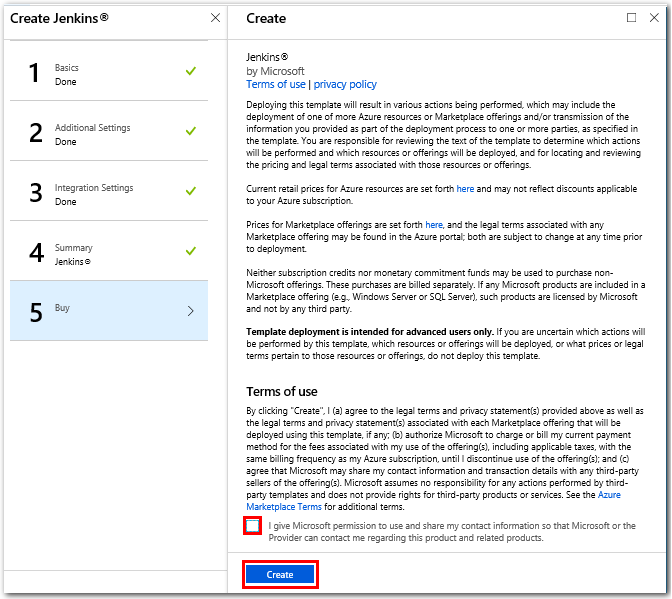

- Jenkins install openjdk 11 update#
- Jenkins install openjdk 11 software#
- Jenkins install openjdk 11 download#
- Jenkins install openjdk 11 windows#
This enables Jar files to be run from within Windows Explorer.Ĭontains files that are installed in the \missioncontrol directory.Īppends \missioncontrol to the system PATH environment variable. REDHAT_JAVA_HOME can be used by some programs to find the Red Hat OpenJDK runtime. OpenJDK Runtime - REDHAT_JAVA_HOME System Variable JAVA_HOME is used by some programs to find the Java runtime. OpenJDK Runtime - JAVA_HOME System Variable Step 5 - Configuring Jenkins for HTTPS Step 5.1 - Configuring Nginxįirst of all, setup nginx with SSL configuration settings.The following registry keys are set HKLM\Software\JavaSoft\JDK\, entries: JavaHome: RuntimeLib: \bin\server\jvm.dll HKLM\Software\JavaSoft\JDK, entries: CurrentVersion: Īdds the Runtime to the Path variable so it is available from the command line. If Java is not currently installed, you’ll see the following output: Output.
Jenkins install openjdk 11 download#
Next, check if Java is already installed: java -version. Download the MSI from the Jenkins download page, double-click the MSI file to begin the Jenkins installation, and click the Next button: The default installation directory is fine, so click the Next button: You're now prompted to supply the details of the user that runs the Windows service.
Jenkins install openjdk 11 update#
To install this version, first update the package index: sudo apt update. You will see that traffic is allowed to port 8080 from anywhere: Output By default, Ubuntu 20.04 includes Open JDK 11, which is an open-source variant of the JRE and JDK. Since systemctl doesn't display output, you can use its status command to verify that Jenkins started successfully: sudo systemctl status jenkinsīy default, Jenkins runs on port 8080, so let's open that port using ufw: sudo ufw allow 8080Ĭheck ufw's status to confirm the new rules: sudo ufw status Let's start Jenkins using systemctl: sudo systemctl start jenkins Now that Jenkins and its dependencies are in place, we'll start the Jenkins server. When both of these are in place, run the update so that apt will use the new repository: sudo apt updateįinally, install Jenkins and its dependencies: sudo apt install jenkins Next, append the Debian package repository address to the server's sources.list: sudo sh -c 'echo deb binary/ > /etc/apt//jenkins.list' When the key is added, the system will return OK. To take advantage of the latest fixes and features, you can use the project-maintained packages to install Jenkins.įirst, add the repository key to the system: wget -q -O - | sudo apt-key add. The version of Jenkins included with the default Ubuntu packages is often behind the latest available version from the project itself. During the installation, when the command line prompts about additional disk space information, press y on the terminal to continue the Jenkins installation. Now, install the Jenkins using the command: sudo apt install jenkins. Use the update-alternatives command: sudo update-alternatives -config java Upon adding Jenkins repository to server’s list, update the apt cache: sudo apt update. To set this environment variable, first determine where Java is installed. If you need only JRE, Install only java-11-openjdk package, but if you need compiler, Install java-11-openjdk-devel package, too. Others Configure Network Teaming Configure Network Bonding Check Network Bandwidth. Verify that the JDK is installed by checking the version of javac, the Java compiler: javac -version (04) Install Tomcat 10 (05) Install Jenkins Desktop / Others.
Jenkins install openjdk 11 software#
To install the JDK, execute the following command, which will also install the JRE: #for java 8 Jenkins an open source automation server which enables developers around the world to reliably build, test, and deploy their software The Jenkins project produces two release lines: Stable (LTS) and regular (Weekly). You may need the Java Development Kit (JDK) in addition to the JRE in order to compile and run some specific Java-based software. Verify the installation with: java -version This will allow you to run almost all Java software. This command will install the Java Runtime Environment (JRE). If Java is not currently installed, you'll see the following output: OutputĬommand 'java' not found, but can be installed with:Įxecute the following command to install OpenJDK: #for java 8 For groovy script: You cannot set JAVAHOME in jenkins and expect maven to pick up correctly. Next, check if Java is already installed: java -version First you need to add java 11 jdk by going to Manage Jenkins menu. To install this version, first update the package index: sudo apt update In this tutorial, we will install Jenkins in Ubuntu 18.04 but you can follow the same steps to install Jenkins Ubuntu 16.04. Jenkins is the leading open source automation server, Jenkins provides hundreds of plugins to support building, deploying and automating any project.


 0 kommentar(er)
0 kommentar(er)
